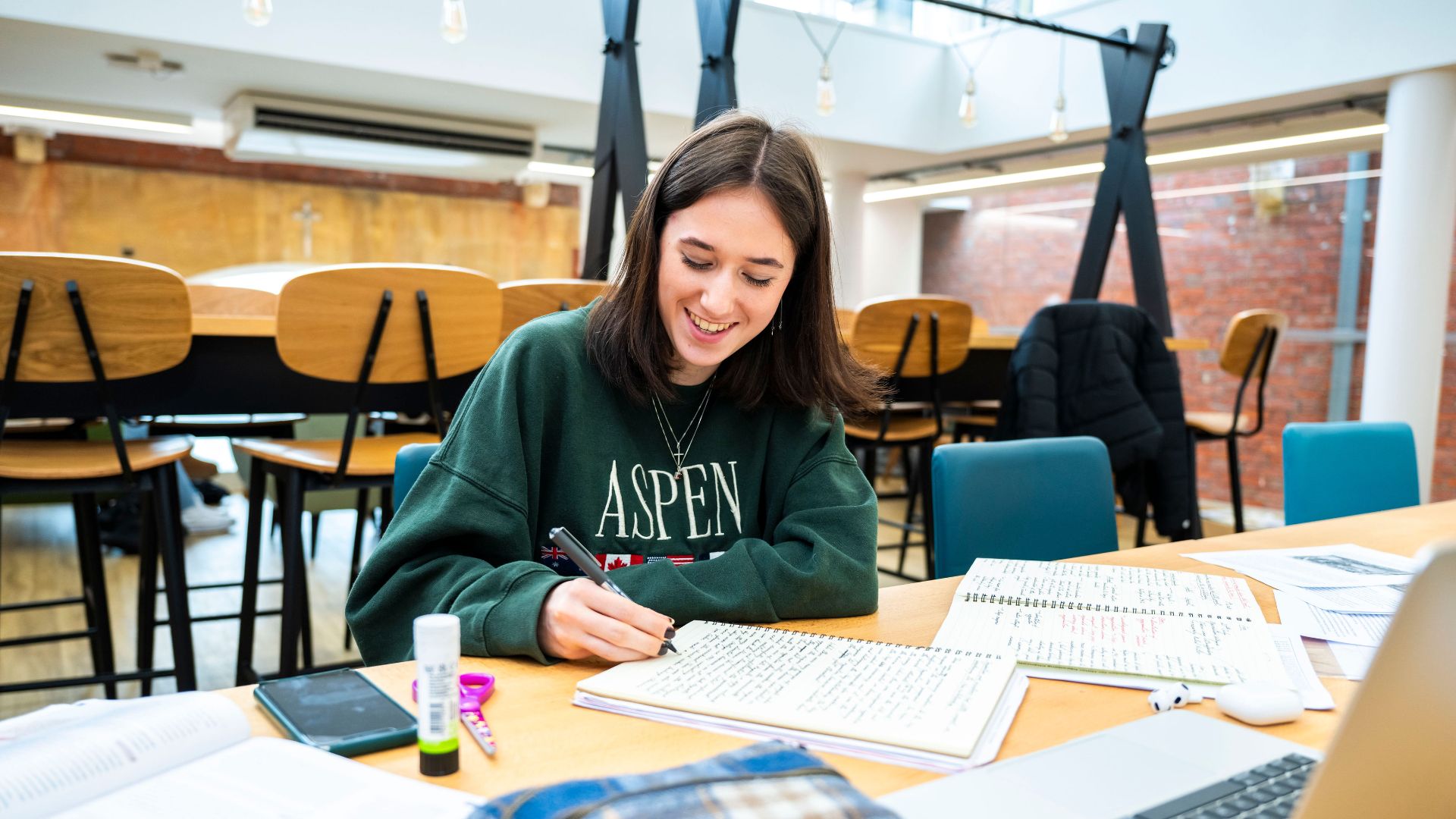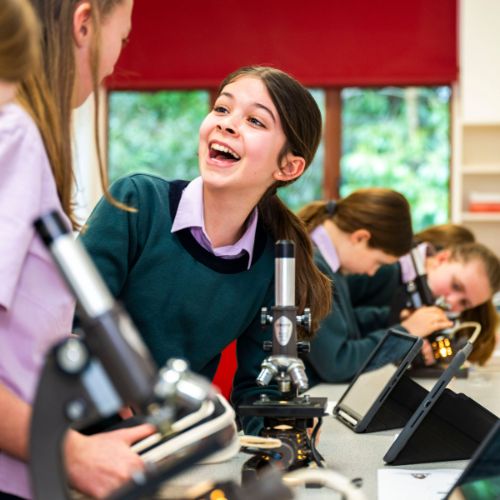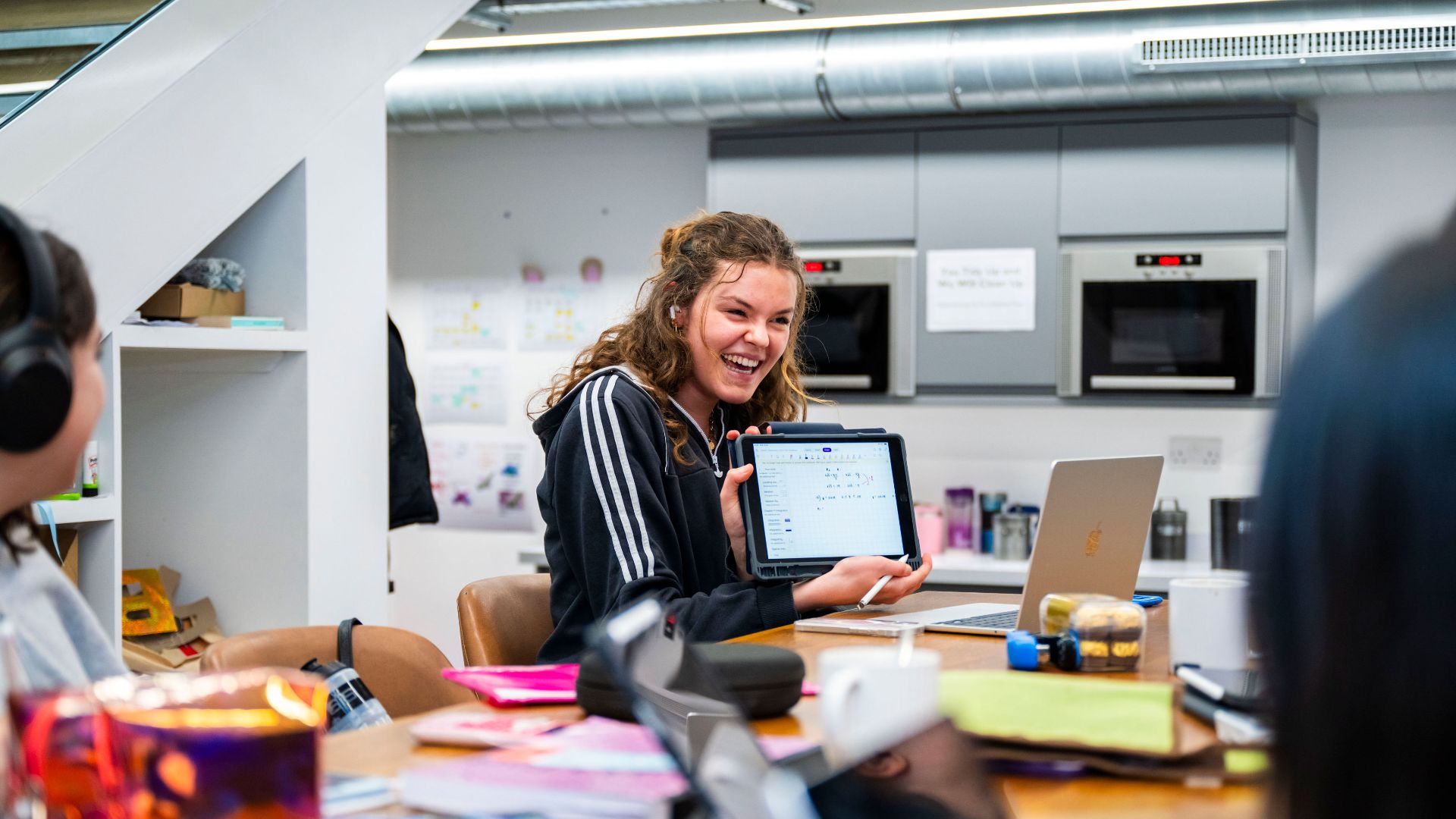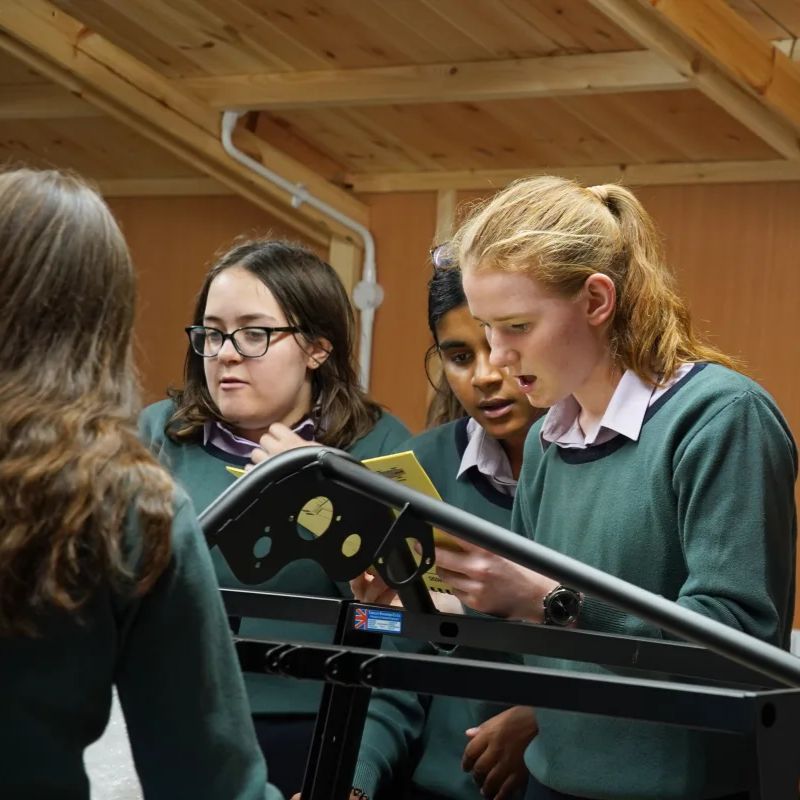We apologise but there was a problem sending your message. Please contact customer support at [email protected]
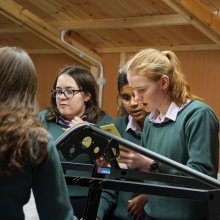
The bell has rung, backpacks are unpacked, and a fresh year of potential stretches before us. But beyond the classroom walls, another exciting frontier awaits: the vibrant world of co-curricular activities. With new co-curricular clubs launched this week and pupils hurrying to sign up for as many as they can, they enter a realm where passions ignite, skills flourish, and confidence takes flight. Participation in co-curricular activities plays a pivotal role in shaping a pupil’s success and development. With the confines of specifications and assessment objectives removed, a vibrant and varied life outside of the classroom fosters the skills, values and experiences that contribute significantly to the creation of a well-rounded, balanced and happy young person.
One of the primary benefits of co-curricular activities is the holistic development of pupils. Engaging in these activities ‘futureproofs’ them by allowing them to explore and hone their talents and interests outside of the academic realm and helping them develop those essential life skills. The recent British Academy report, ‘Qualified for the Future’ identifies what it calls the key ‘survival skills for 21st Century Life,’ including critical thinking and problem-solving; collaboration and leadership, agility and adaptability, initiative and entrepreneurialism, and curiosity and imagination – all things that can be sparked and developed by exploring life outside of the classroom, be that through creating, performing, building or playing.
Furthermore, co-curricular activities foster a sense of belonging and community among pupils. Participating in clubs, teams, or other extracurricular groups provides pupils with opportunities to connect with like-minded peers who share similar interests. This sense of camaraderie enhances their social skills, builds lasting friendships, and creates a supportive network that extends beyond the classroom. This positive social environment contributes to improved mental well-being and a more enriching overall educational experience, too, with the old adage that a busy child is a happy child. Research continually shows the benefit of doing something outside of academic study on the teenage brain, and there is a plethora of evidence in recent research that goes far beyond the usual development of teamwork and communication skills. A recent article in the Journal of Adolescent Health demonstrated that pupils who are involved in co-curricular activities are statistically less likely to engage in high-risk behaviours as well as confirming that they often experience increased self-esteem and confidence as they gain a sense of accomplishment and recognition for their achievements.
There is also, of course, much research available that talks about how co-curricular engagement enhances academic performance, and it is undeniable that this is the case. However, it is also true that that needs to be a student-led discovery and not something that comes about because of an educator, no matter how enthusiastic they may be. For example, if a Mathematics teacher were to use building a car as the context for when you might use trigonometry, it might seem like a bit of a stretch, but when you’re stood in the Greenpower workshop and can work out what length to cut part of the chassis to because you’ve done trigonometry in Mathematics, it becomes a personal achievement and a moment to be proud of. This then pays back into the classroom as pupils are encouraged in the purpose of their learning as they see application for it outside of just passing examinations. Similarly, when skills learnt in Geography are applied to an orienteering session, or you’re able to beat an escape room with the problem solving skills you’ve gained in Science, being able to make those links between lessons and the world outside reinforces the benefits on both sides.
A good co-curricular programme not only nurtures and develops skills and talents in young people, but also creates a space where new interests can be discovered. Career paths can be unlocked through this exploration, laying foundations for future pursuits and enabling teenagers to navigate their future with confidence for all that comes their way.
Mrs Laura Evans-Jones, Assistant Head





